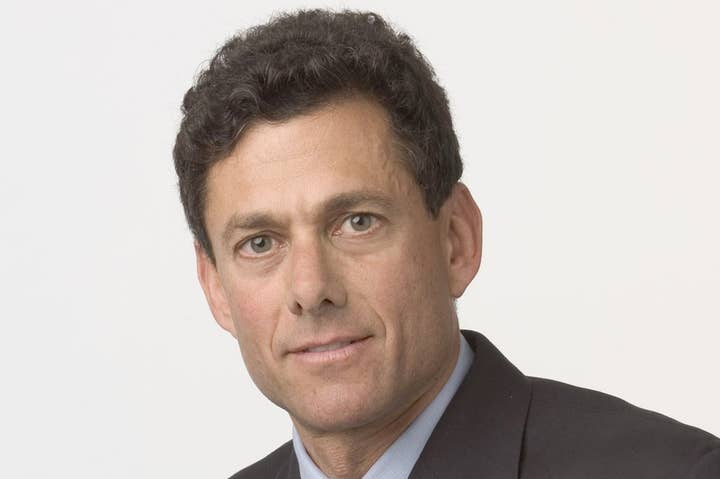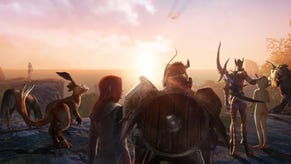PS4, Xbox One to surpass current gen within 5 years - Zelnick
Take-Two head expects systems' installed base to outgrow predecessors, barring economic downturn
The Xbox One and PlayStation 4 are off to encouraging starts at retail, but they've got a long way to go before surpassing the installed base of their immediate predecessors, which have already combined for more than 160 million systems sold worldwide. It took the Xbox 360 and PlayStation 3 eight years to sell that many units, but Take-Two Interactive chairman and CEO Strauss Zelnick thinks their successors can reach that mark considerably quicker.
In an investor presentation at Credit Suisse' 2013 Technology Conference today, Zelnick responded in the affirmative when asked if the PS4 and Xbox One would surpass their predecessors in five years. While he stressed it was too early to put any stock in that prediction, it's a bet he would take.
"I'd specifically say yes because it appears that--and this is largely anecdotal but tablets are a good example--all these new iterations of more and more exciting hardware seem to have picked up in velocity generationally compared to five or 10 years ago," Zelnick said. "But if we had a big market meltdown, for example, a repeat of '08 and '09 in three years, or two years, or two minutes, that would influence it. But if this economy stays on this track, yeah, I feel good about it."
"I'm not psyched about a business where 3 percent of your customers pay you... I'm skeptical that for very high-end products, that's the way the business goes."
Strauss Zelnick on F2P
Earlier in the session, Zelnick touched on Take-Two's plan to navigate the generational transition, saying that companies who tend to thrive in such times are those with strong creative teams, strong owned intellectual property, strong technology, and a strong balance sheet. Not surprisingly, he said Take-Two fits the bill on all counts. However, when pushed for more details on what the company has coming in the pipeline, Zelnick said Take-Two has been "more forthcoming than we've ever been before," telling investors the company has more than 10 projects in the works for the new systems, both in existing franchises and in new intellectual property.
"Beyond that, I'm frankly not sure what color would benefit you," Zelnick said. "If I said we had a title called Steven's Life in Elementary School next October and I told you it was going to sell 20 million units, what credibility could that possibly have? New intellectual property is a risky business."
When asked about whether the lack of backward compatibility in the new systems would hinder the consumer adoption rate as gamers would be unable to play their old games, Zelnick dismissed the concern.
"I don't see it as a problem at all, and certainly we have the physical ability to port, and it wouldn't be particularly costly," Zelnick said. "The question is, 'Is there an economic opportunity for us to do so?' I don't think backwards compatibility affects consumers at all."
Throughout the event, Zelnick emphasized Take-Two's "ecumenical" approach to providing entertainment, saying the company would be flexible when it comes to business models, methods of distributions, and platforms.
"That said, our DNA remains these very high end, AAA, immensely immersive experiences, and I don't really see us deviating from that," Zelnick said.
And while Take-Two is exploring the free-to-play market in Asia, it doesn't sound like the company is planning to shift heavily in that direction anytime soon.
"I'm not psyched about a business where 3 percent of your customers pay you, which is what you're dealing with," Zelnick said. "But we're flexible. If that's the way the business evolves, as long as we can get paid and make a profit doing it, we're happy to contemplate it. I'm skeptical that for very high-end products, that's the way the business goes. I think you'll continue to sell those high-end products as the entry point, and then you'll have in-game monetization for certain sold items and free items."









